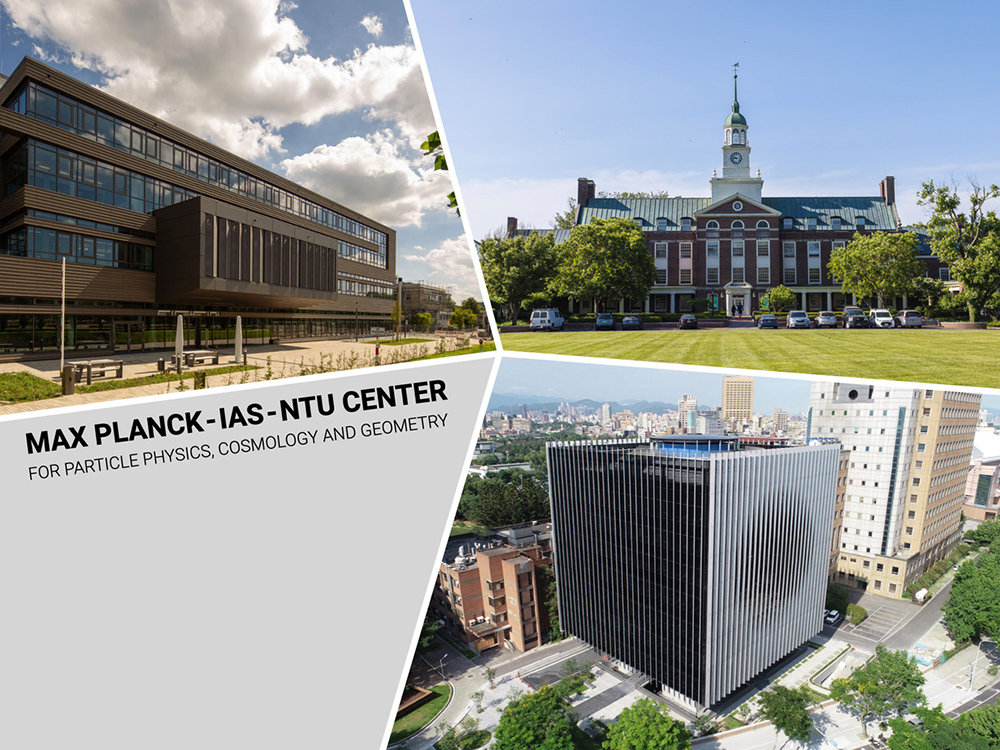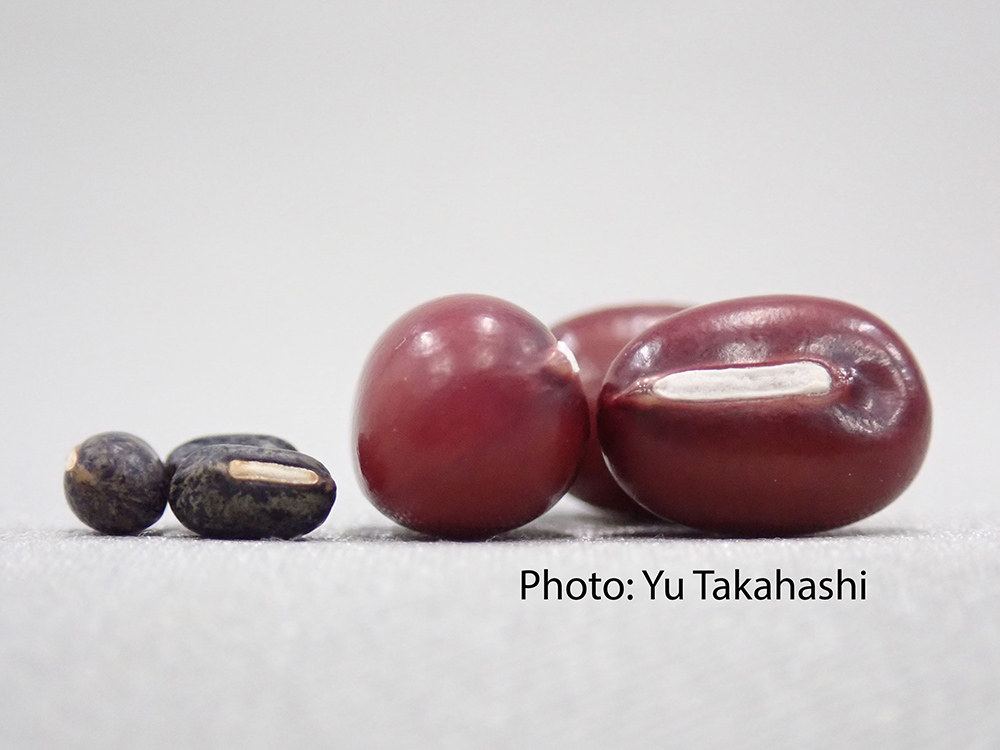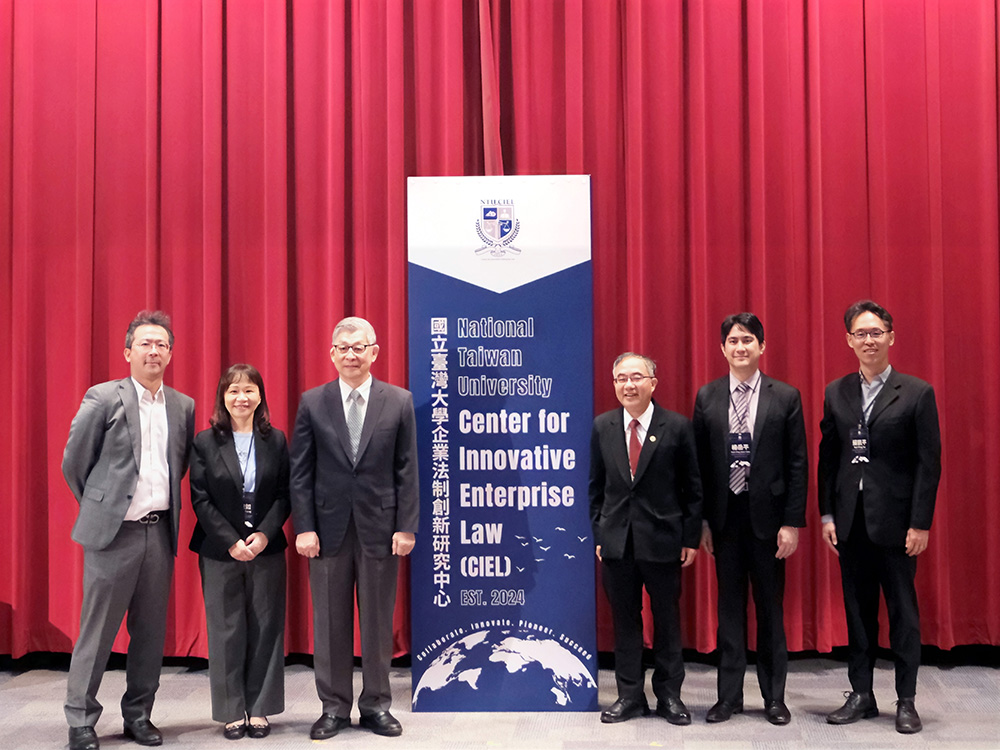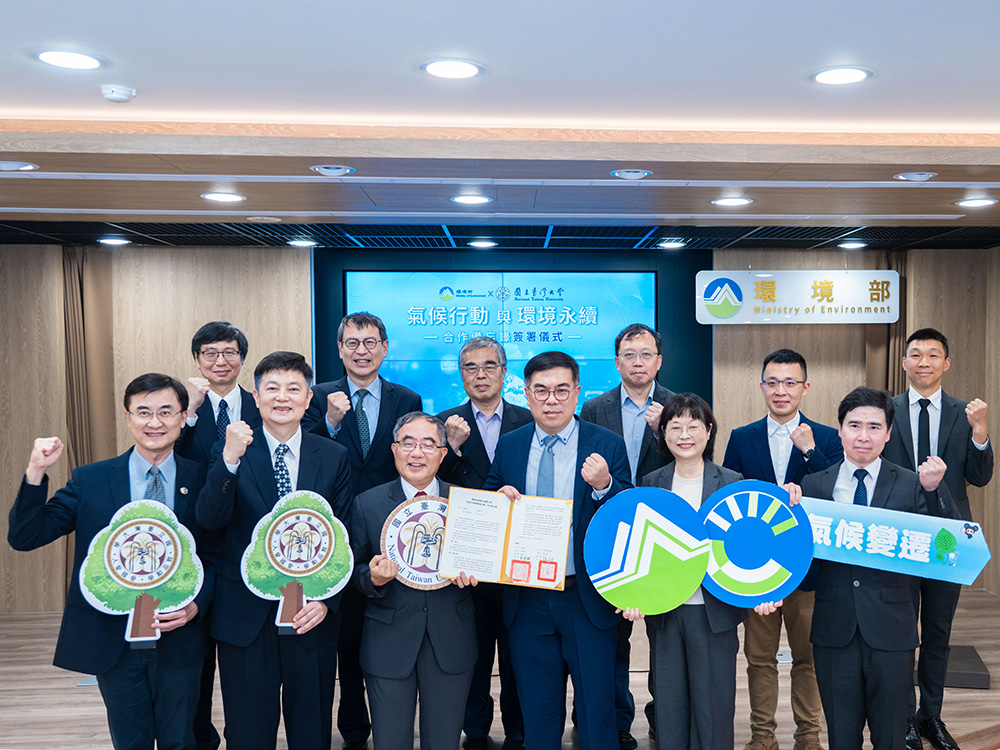
A new milestone for science at NTU: The inauguration of the Max Planck-IAS-NTU Center
瀏覽器版本過舊,或未開啟 javascript
請更新瀏覽器或啟用 javascript
Spotlights
NTU Distinguished Chair Prof. Chih-Yuan Lu was elected a Fellow of the National Academy of Inventors.
Dr. Chih-Yuan (C.Y.) Lu (盧志遠), Distinguished Chair Professor of Physics at National Taiwan University (NTU), was elected a Fellow of the National Academy of Inventors (NAI) for his long-term contribution to and distinguished accomplishments in advanced technology. All the NAI Fellows were recognized for demonstrating “a prolific spirit of innovation in creating or facilitating outstanding inventions that have made a tangible impact on quality of life, economic development, and welfare of society.” NAI will present this prestigious honor to Dr. Lu at its Fellows Induction Ceremony on April 5, 2018 in Washington, DC, USA.
NAI Fellow is one of the most important honors for international inventors. Dr. Lu has more than 30 years of professional experience in the semiconductor industry. He has consistently been recognized both at home and abroad for his accomplishments in high-tech research and development (R&D). In the mid-1980s, when he was a member of the research technical staff at Bell Labs, he developed the 600V BCDMOS IC technology—the highest voltage the industry had achieved at that time. In 1987, he presented a seminal technical paper, "Variable Hold (Retention) Time Phenomenon in DRAM," at IEDM. This was the world's first-ever technical paper on the phenomenon, which helped the industry greatly improve the reliability of DRAM. Dr. Lu then led the R&D efforts on the sixth generation twin-tub 0.6 micron CMOS technology at Bell Labs, which allowed the semiconductor industry to flourish and remains widely applied today.
In 1989, at the invitation of then Taiwan ROC’s Senior Presidential Advisor K.T. Lee (李國鼎) and then Industrial Technology Research Institute (ITRI) Chairman Morris Chang (張忠謀), Dr. Lu returned to Taiwan to assume the position of Deputy General Director of the non-profit R&D institute ITRI’s Electronic Research and Service Organization (ERSO). He was later appointed to head the Ministry of Economic Affairs' National Submicron Project, leading the project team to achieve Taiwan's most successful development of its independent R&D for the mass manufacturing of advanced memory technology. This accomplishment not only equipped Taiwan with its first 8-inch wafer process technology, but also established Taiwan’s technology and manufacturing position in the global semiconductor supply chain. Under Dr. Lu's leadership, Taiwan evolved into a major player in the semiconductor industry by the late 1990s. In 1994, the Submicron Project was spun off from ITRI to become a commercially-operated company, Vanguard International Semiconductor (VIS). Co-founded by Dr. Lu, VIS later became a key driver for the development of Taiwan's semiconductor memory industry.
In 1999, Dr. Lu joined Macronix to lead the company's R&D team for advanced memory technology, and to establish long-term strategic partnerships with world-class tech companies such as IBM. Dr. Lu’s team has presented its innovative technologies at prestigious international technical conferences such as IEDM, ISSCC, VLSI, and SSDM, which garnered them worldwide attention and recognition. In recent years, Macronix has been granted with more than 7,200 international patents for high-quality inventions. Dr. Lu also founded Ardentec Corporation, a wafer level IC testing service startup. Ardentec is one of the few companies that could provide known-good-die testing services in mass production then, which are a critical important technology for System-in-Package (SiP) solutions in modern electronics. This business model has also been adopted as MBA case study material by Harvard Business School.
Dr. Lu has published more than 480 technical papers and is an academic inventor of over 160 international patents. He is a Fellow of the Institute of Electrical and Electronics (IEEE), a Fellow of the American Physical Society (APS), and a Fellow of the Chinese Society for Management of Technology. He has received many honorary awards, including the 2012 IEEE Frederik Philips Award, IEEE Third Millennium Medal, National Science and Technology Medal from the Prime Minister of Taiwan, Outstanding Research Award of Pan Wen Yuan Foundation, Special Contribution Award of the Physical Society of Taiwan, Superiority Business Award by the Ministry of Economic Affairs and the General Chamber of Commerce of the Republic of China, Distinguished Alumni Award of NTU, Honorary Doctorate from National Chiao Tung University, ITRI Laureate, Presidential Science Prize of Taiwan, the World Academy of Sciences (TWAS) Prize in Engineering Sciences, and Highest Honor Medal from the Chinese Society for Management of Technology.
NAI has named 155 renowned academic inventors to NAI Fellow status in 2017. With the election of the 2017 class, there are now 912 NAI Fellows, representing over 250 research universities and governmental and non-profit research institutes. The 2017 Fellows are named inventors on nearly 6,000 issued US patents of academic inventions, bringing the collective patents held by all NAI Fellows to more than 32,000 issued US patents. Included among those NAI Fellows are 29 Nobel Laureates and 52 recipients of US National Medal.
For further information about the NAI Fellows Program and the NAI Annual Meeting, please visit the NAI websites below:
http://academyofinventors.org/fellows.asp
http://www.academyofinventors.org/conference/

A new milestone for science at NTU: The inauguration of the Max Planck-IAS-NTU Center

A Distinguished Global Research Center Established at NTU under Trilateral Cooperation

Collaborative study between NTU and Japan uncovers the origin of Adzuki Beans and agriculture in Japan

NTU Launches Center for Innovation in Enterprise Law—with Forum Highlighting Trump’s Policy and Legal Shifts Amid Geopolitical Tensions

NTU and Ministry of Environment Sign MOU to Advance Net-Zero Transition and Environmental Resilience
Current Spotlights